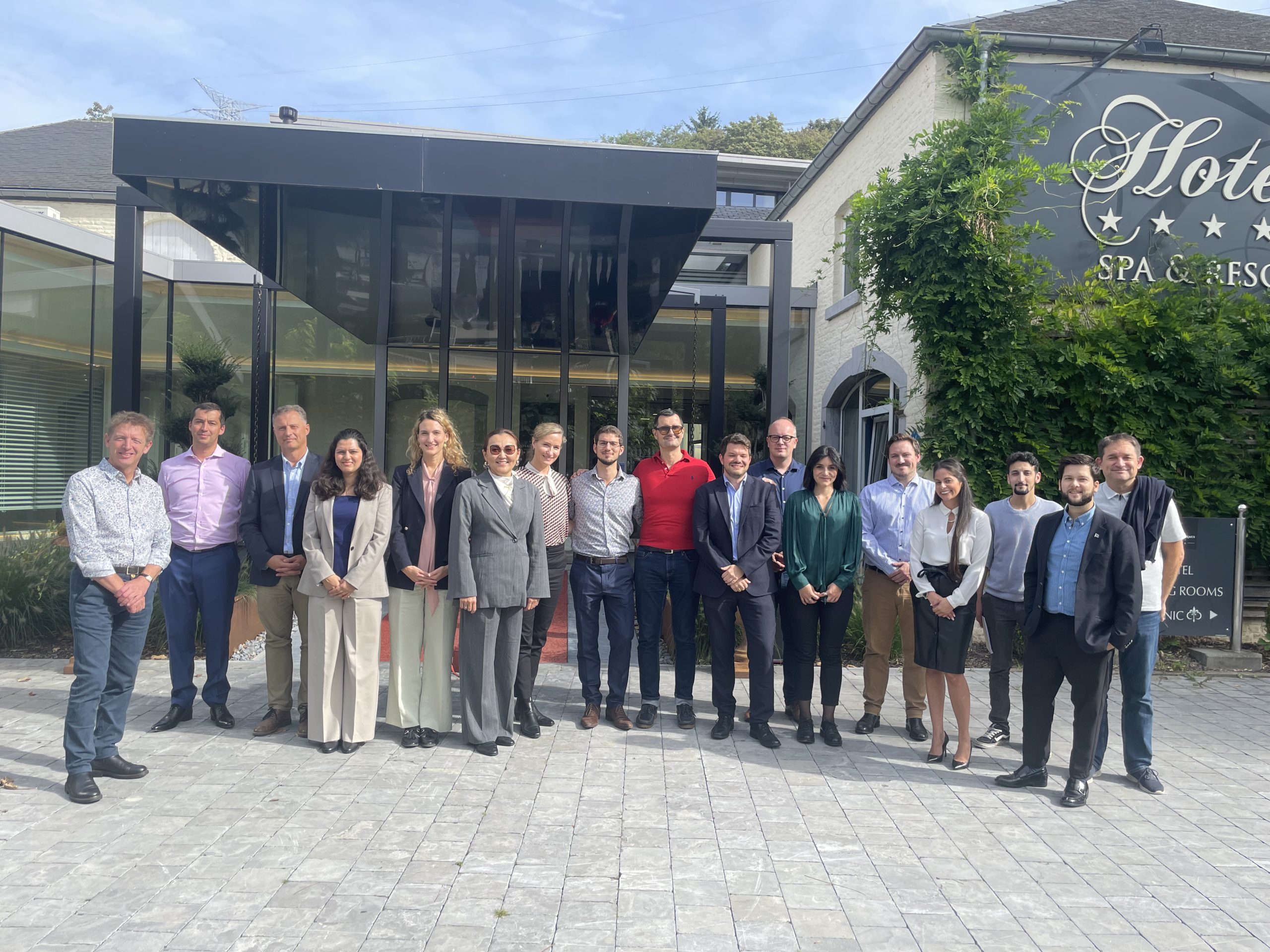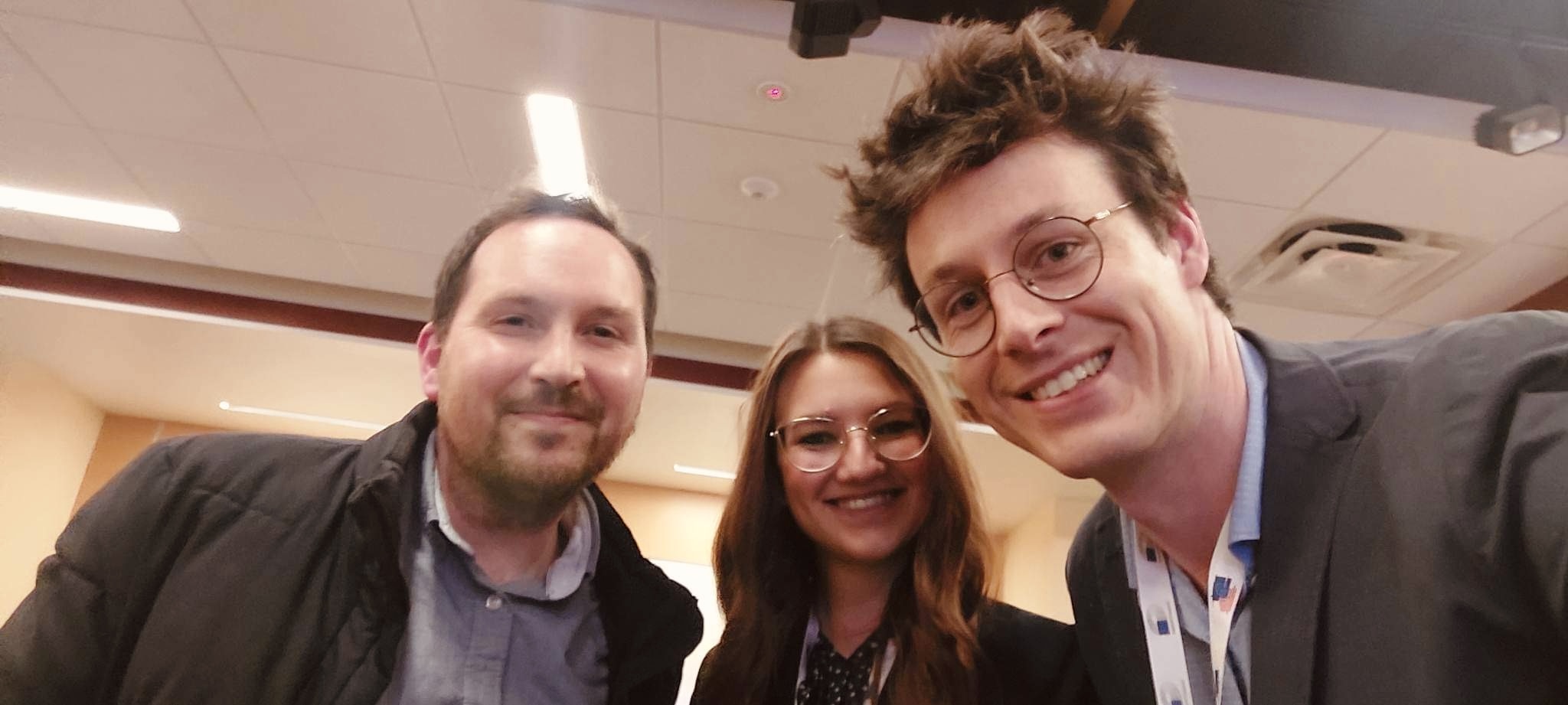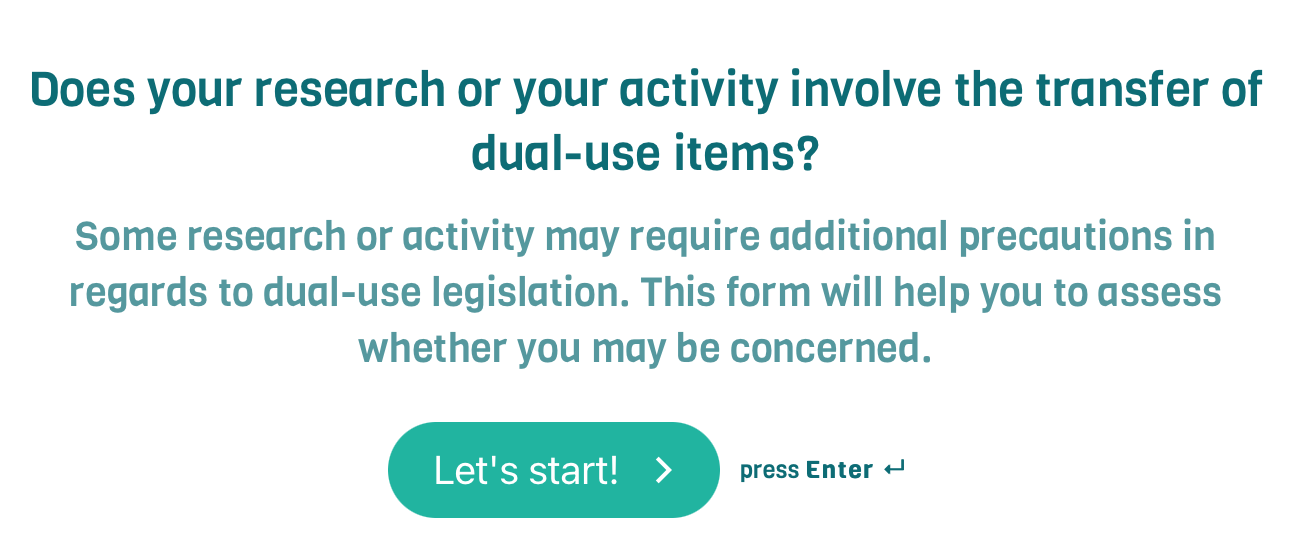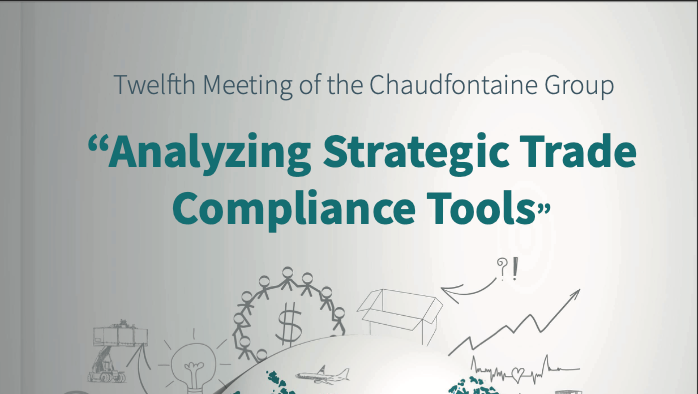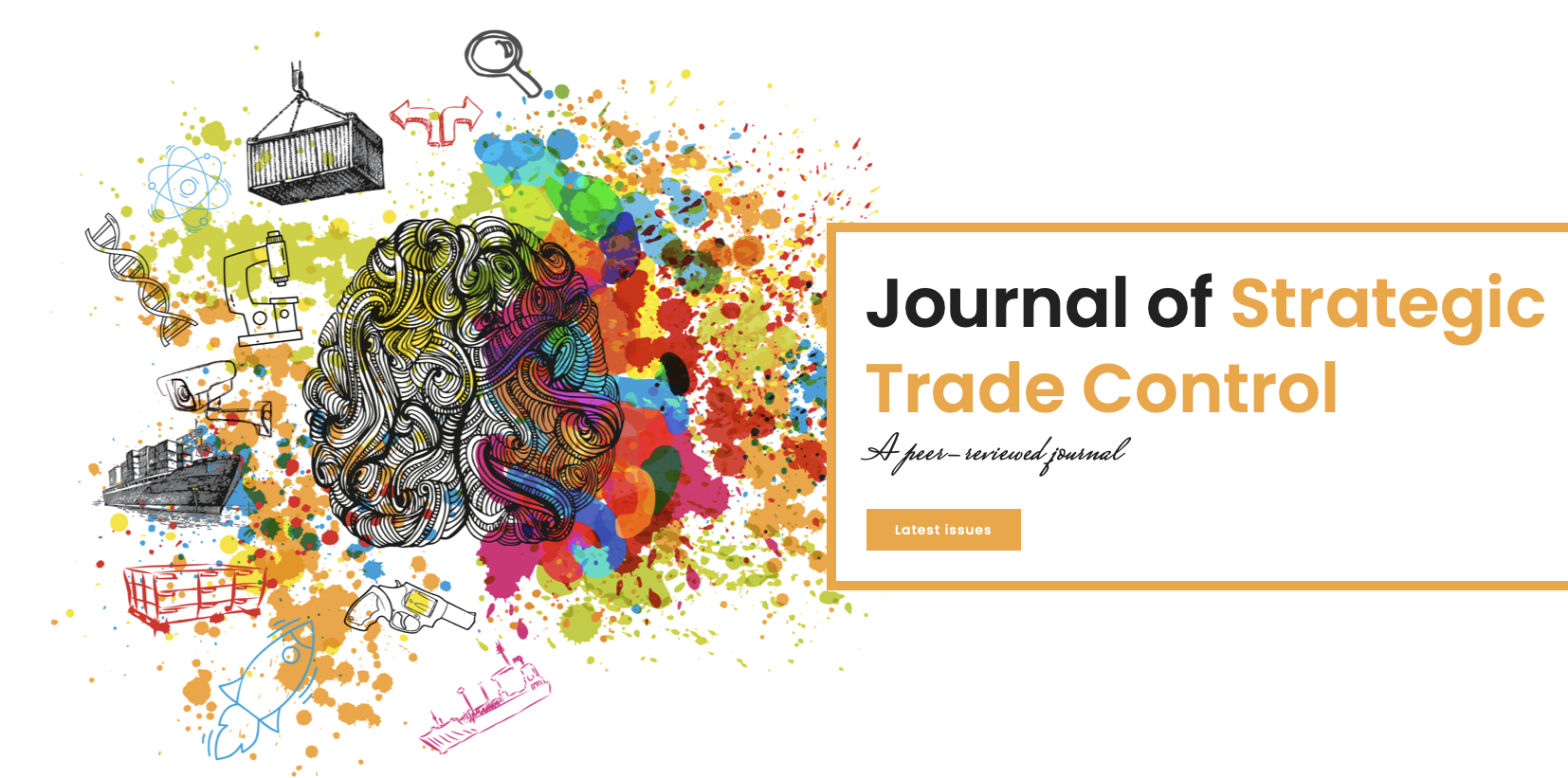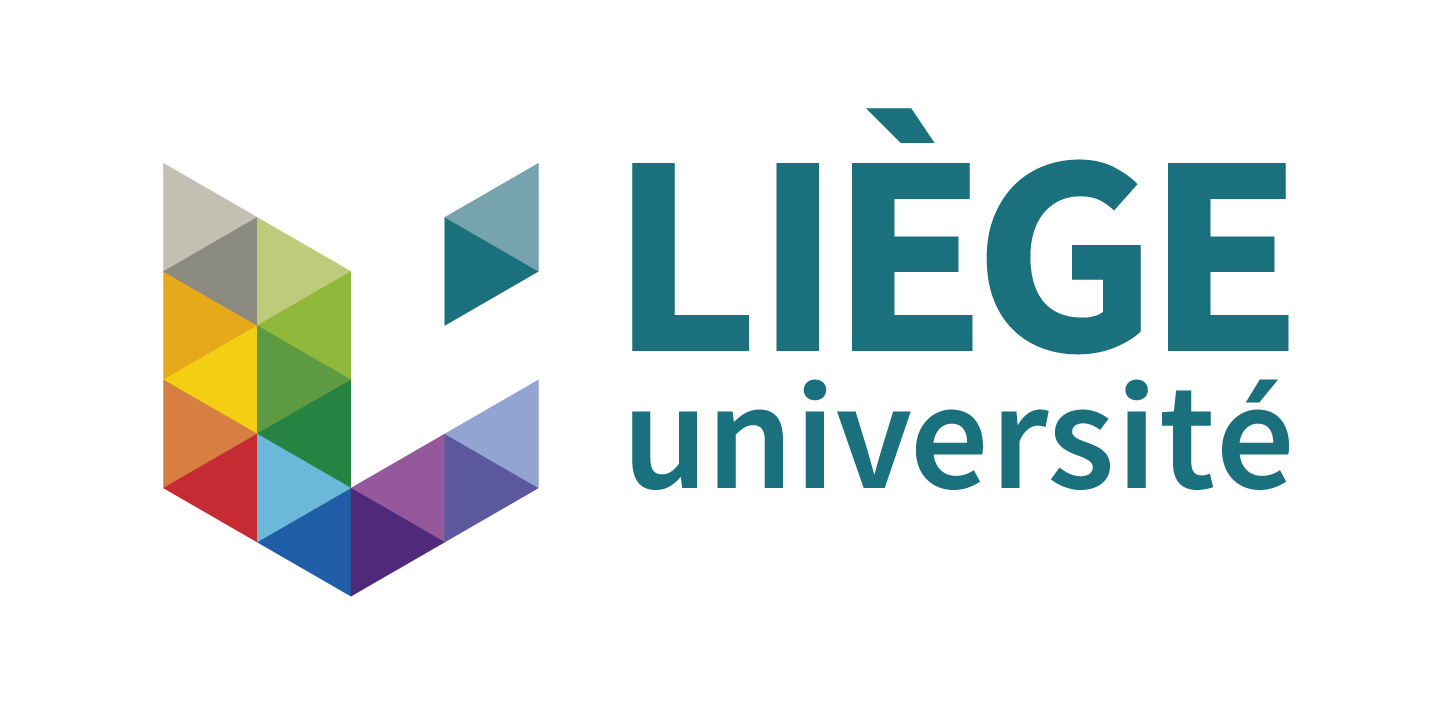Category :
“Trade control and protection of cultural goods in the European Union: an evolving approach?” The Journal of Strategic Trade Control has published the article titled “Trade control and protection of cultural goods in the European Union: an evolving […]
Category :
The XIII Meeting of the Chaudfontaine Group was held from 1 to 3 October 2023 to explore the possible consequences of the ongoing geopolitical transformations and fragmentation on the future of multilateral export control regimes (MECRs), which could be useful for a new configuration of strategic trade control regimes.
Category :
Du 4 au 6 mai, trois chercheurs de l’UR Cité ont présenté leurs recherches à la 18e conférence bisannuelle de la European Union Studies Association (EUSA) à l’Université de Pittsburgh, PA, aux Etats-Unis. Fondée en 1988, la EUSA est la principale association en Amérique du Nord pour les chercheurs travaillant sur l’Union européenne, les questions liées à l’intégration européenne et les relations transatlantiques.
Category :
“Dual-Use Assistance App” Updates We are pleased to announce the release of the updated version of the dual use assistance application. Since scientific research, but also other kinds of intangible technology transfers, may involve sensitive subjects and exchanges, […]
Category :
Following the twelfth meeting of the Chaudfontaine Group, the European Studies Unit is pleased to announce its new publication: “Analyzing Strategic Trade Compliance Tools”.
The intensification of trade flows over the years came along with several challenges for export control compliance officers.
In response to these potential difficulties, with the support of the EU Commission, the Chaudfontaine Group decided to explore a set of strategic trade control informative and analytical tools in order to create a toolbox where the full range of actors involved in strategic trade control compliance can find some instruments able to assist them in various tasks related to compliance with strategic trade controls’ obligations.
Category :
JoSTC: the new Journal for the export control community The European Studies Unit (ESU) of the University of Liège is delighted to announce the hosting of the Journal of Strategic Trade Control (JoSTC), a peer-reviewed and open-access journal with the intention […]


